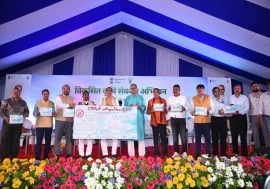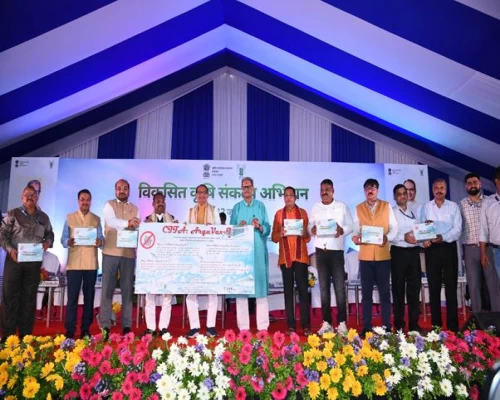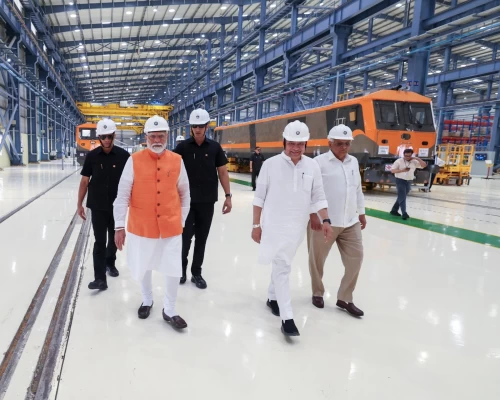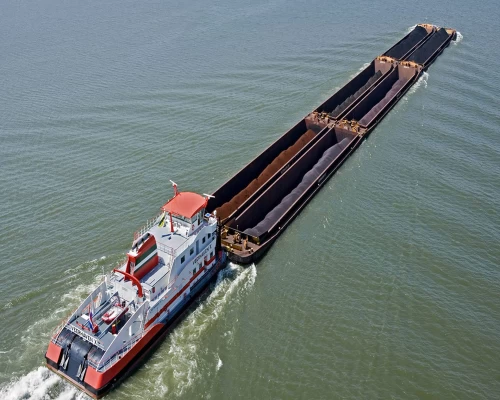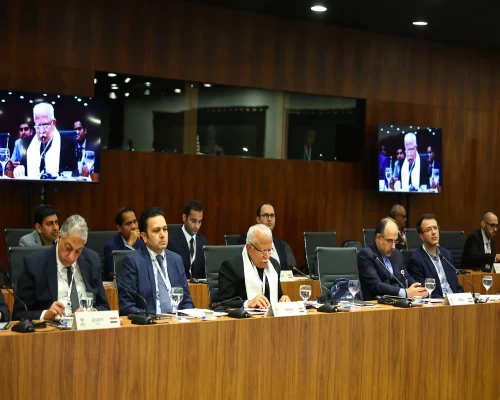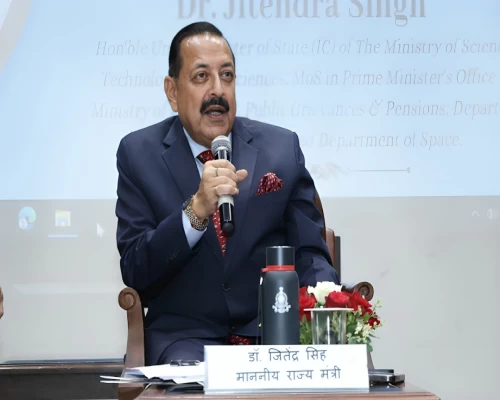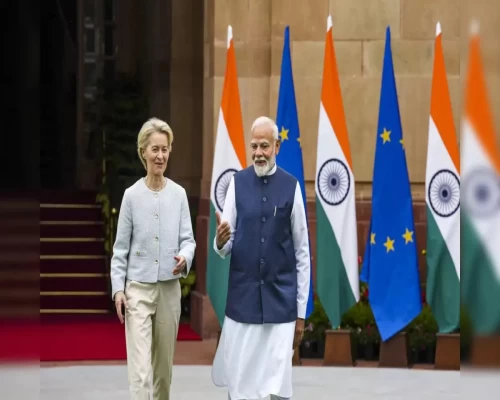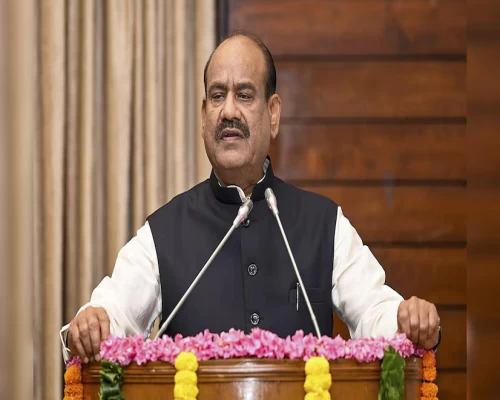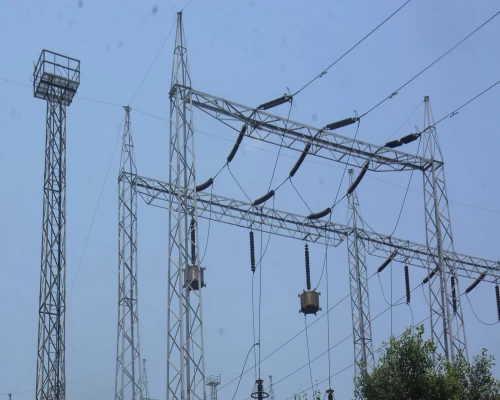
New Delhi: In a landmark move towards enhancing India’s disaster preparedness and weather forecasting capabilities, Prime Minister Narendra Modi on Tuesday launched ‘Mission Mausam,’ a forward-thinking initiative aimed at developing cutting-edge weather surveillance technologies and systems. This ambitious project will see the deployment of high-resolution atmospheric observations, next-generation radars, and advanced satellites to strengthen India’s ability to tackle climate challenges and improve disaster management.
Speaking at the 150th Foundation Day of the India Meteorological Department (IMD) in New Delhi, Modi emphasized that accurate weather forecasts are crucial not only for saving lives but also for driving economic resilience and bolstering investor confidence. “Through ‘Mission Mausam,’ India will be climate and weather ready, enhancing our capacity to face natural disasters and providing real-time support to neighboring nations,” Modi said.
The Prime Minister’s remarks came as part of a broader celebration of IMD’s 150 years of service, a department that has been pivotal in revolutionizing weather prediction, reducing casualties, and mitigating the economic toll of natural disasters. PM Modi reflected on how India’s improved meteorological technology has minimized loss of life from catastrophic events like the 1998 Kandla cyclone and the 1999 Odisha super cyclone. He noted that today, thanks to the advancement of meteorological tools, the country is much better prepared to handle such disasters.
Drawing attention to the importance of technology, Modi cited his personal experience with IMD’s forecasts during a recent planned visit to Sonamarg in Jammu and Kashmir. Despite temperatures plummeting to -6°C, IMD’s advisory helped him make an informed decision, ensuring a hassle-free visit. “It was because of IMD’s recommendation that I could visit Sonamarg safely,” Modi shared, illustrating the real-world impact of accurate weather predictions.
Lauding India’s growing capabilities, Modi added, “India has always been there to help during disasters, and it is this spirit of support that has earned us respect globally.”
The launch of ‘Mission Mausam’ represents a giant leap for India, positioning the country as a global leader in disaster management and climate resilience. It aims to revolutionize weather forecasting by integrating advanced technologies, such as next-gen satellite systems, high-resolution atmospheric observations, and sophisticated radar networks, into India’s meteorological infrastructure.
Also attending the event, Celeste Saulo, the Secretary-General of the World Meteorological Organization (WMO), congratulated IMD on its achievements, acknowledging that India’s accurate forecasts and warnings have saved countless lives not just within its borders but throughout the entire region. She highlighted that “Mission Mausam” could further enhance India’s capacity to aid neighboring countries in times of need.
BI Bureau


